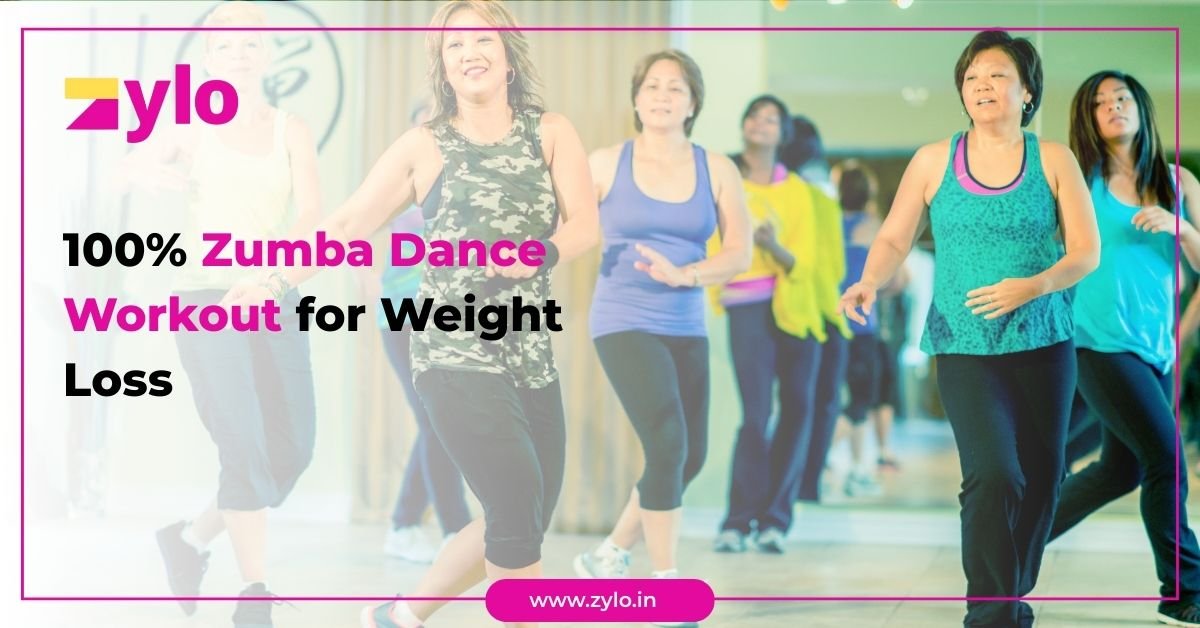Weight loss has always been a mix of diet, exercise, and consistency—but in 2025, the science behind fat loss is clearer than ever. With advancements in research, technology, and personalized wellness, women now have access to proven strategies that go beyond calorie counting. If you’re looking to cut through the noise and focus on what actually works, this guide will help you understand the modern science behind weight loss for women.
Why Weight Loss Is Different for Women
Before diving into methods, it’s important to understand that women’s bodies respond differently to weight loss. Hormones like estrogen, cortisol, and insulin affect fat storage, energy use, and appetite regulation.
Unlike men, women often face hormonal fluctuations (menstrual cycle, pregnancy, menopause) that can cause weight plateaus or emotional eating. That’s why many experts today focus on weight loss for women as a specialized subject—because generic solutions simply don’t work the same.
1. Calorie Deficit Is Still King—But Smarter
The foundation of fat loss hasn’t changed: burn more calories than you consume. But in 2025, it’s less about eating less and more about eating smarter. Women are encouraged to maintain a moderate deficit (300–500 calories) rather than starving themselves.
New tools:
- AI-powered food trackers recommend ideal meals based on your activity, menstrual cycle, and mood.
- Smart wearables sync with nutrition apps to adjust daily intake based on real-time metabolic data.
2. Protein Intake = Fat Loss + Lean Muscle
Women are increasingly shifting away from carb-heavy diets and focusing more on protein-rich meals. Not only does protein help preserve lean muscle mass during fat loss, but it also keeps you fuller for longer—reducing overall food intake.
2025 Trend:
- Women following 1.2–1.6g of protein per kg of body weight are seeing better fat loss results than those who just cut calories.
Pro tip: Choose high-quality sources like eggs, Greek yogurt, lentils, paneer, or lean meats.
3. Strength Training Is Non-Negotiable
Forget endless cardio! Science now shows that strength training 3–4 times a week helps women burn more fat than cardio alone. It boosts metabolism, improves hormonal balance, and prevents muscle loss.
Bonus: Strength training improves bone density—important for women over 35.
Example plan:
- Monday: Full-body weights
- Wednesday: Lower-body + core
- Friday: Upper-body + cardio bursts
- Sunday: Bodyweight circuit or Zumba
4. Sleep: The Secret Weapon for Women’s Weight Loss
New studies in 2025 confirm the strong link between poor sleep and weight gain in women. Lack of quality sleep disrupts hunger hormones like ghrelin and leptin, making you crave sugar and carbs the next day.
Key insight: Women who sleep 7–8 hours lose more body fat than those who sleep under 6—even if they eat the same amount.
Tips for better sleep:
- Reduce screen time after 9 PM
- Use magnesium or lavender oil.
- Avoid caffeine after 2 PM
5. Hormonal Balance = Sustainable Fat Loss
In 2025, hormone-focused weight loss programs have become mainstream. For women, balancing insulin, estrogen, cortisol, and thyroid hormones is crucial to losing belly fat and keeping it off.
Emerging solutions:
- Functional medicine tests that assess hormone levels.
- Adaptogen-based supplements like ashwagandha.
- Cycle-syncing workouts (low intensity during PMS, high during ovulation).
6. Personalized Diets Work Better Than Generic Plans
One-size-fits-all meal plans are fading out. Women now choose diets based on genetics, gut health, food sensitivities, and cultural preferences.
Popular diet styles in 2025:
- High-protein vegetarian for Indian women.
- Mediterranean with intermittent fasting.
- Anti-inflammatory plans for PCOS or thyroid.
- Plant-based low-carb for sustainable fat loss.
A personalized plan = better compliance, fewer cravings, and faster weight loss for women.
7. Cardio Is Optional—Movement Is Essential
While cardio isn’t mandatory, daily movement is non-negotiable. Instead of long treadmill sessions, women are turning to NEAT (Non-Exercise Activity Thermogenesis)—calories burned by regular activities like walking, cleaning, or standing.
Ideas to boost daily movement:
- Take 10,000 steps/day.
- Use a standing desk.
- Walk during calls.
- Dance or do light yoga in breaks.
These micro-movements add up to 200–400 extra calories burned daily.
8. Emotional Eating Is Finally Being Addressed
Women often eat not out of hunger, but due to emotions like stress, boredom, or anxiety. In 2025, weight loss for women includes mental health coaching and tools like:
- Mindful eating trackers.
- Guided journaling apps.
- Access to online therapists or support groups.
- Meditation and breathwork to reduce stress.
By healing emotional eating patterns, long-term success becomes possible.
9. Gut Health Affects Weight Loss
A healthy gut = better digestion, fewer cravings, and improved metabolism. Women are now taking gut tests and using targeted prebiotics, probiotics, and fermented foods.
Top gut-friendly foods:
- Curd.
- Idli/dosa batter (fermented).
- Sauerkraut or kimchi.
- Bananas and oats.
A balanced microbiome can directly support weight loss for women, especially those with bloating or IBS.
10. Online Support = Greater Consistency
In 2025, more women are opting for online fitness and diet support rather than struggling alone. From Zoom workouts to WhatsApp accountability groups, technology is making it easier to stay on track.
Whether it’s joining online weight loss classes or having a digital coach check in weekly, virtual support is one of the biggest reasons women now stick to their plans.
Final Thoughts
The science of weight loss for women is more evolved than ever in 2025. With personalized nutrition, hormonal awareness, and smarter fitness strategies, women are seeing better, longer-lasting results. The key is to blend evidence-based practices with tools that suit your unique body and lifestyle. Ready to take the guesswork out of your journey? Start with science—and stick with it.



